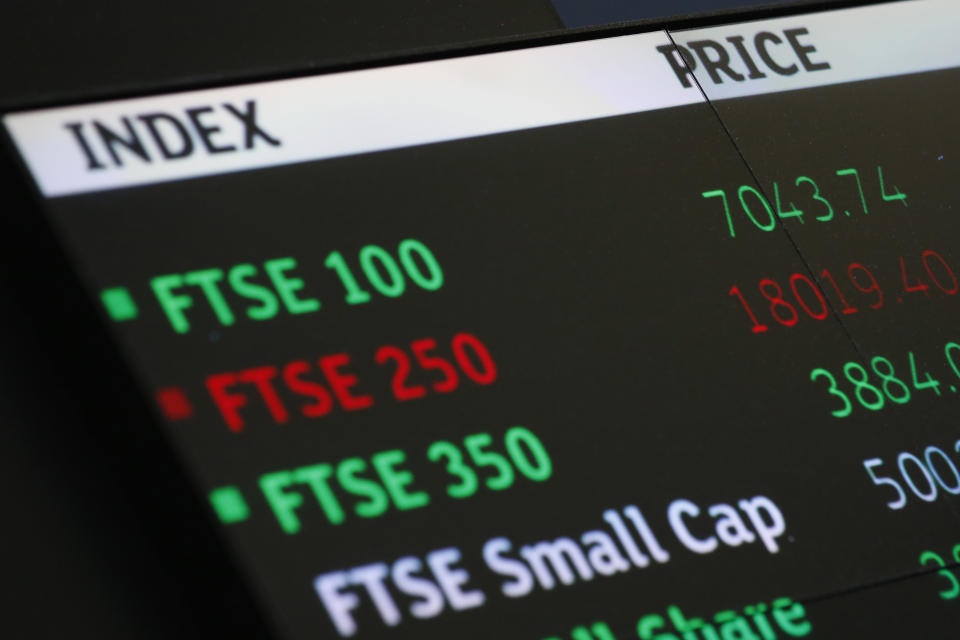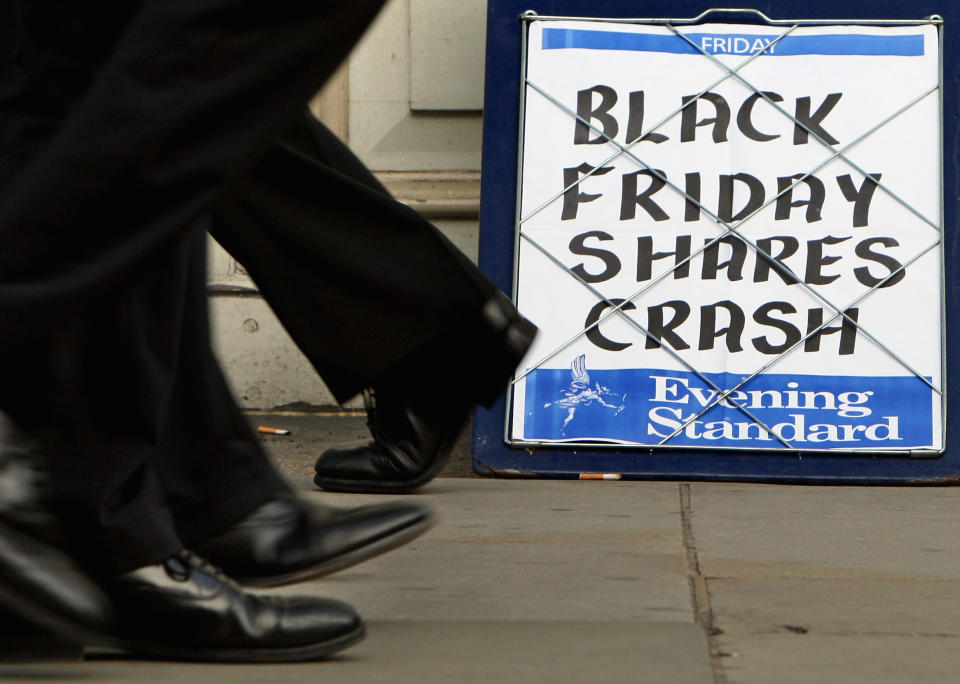Mifid II finance reform: what is it and why does it matter

One of the most far-reaching and controversial shake-ups in financial regulations hits the City today.
Banks and asset managers across the European Union have spent more than $2 billion preparing for the second Markets in Financial Instruments Directive (known as Mifid II).
And ratings agency Standard & Poor’s said yesterday that the measures will create “more losers than winners” across the financial world.
MORE: Earn £100,000 or more? You may fall foul of the complex pension ‘taper’ rules
So, what is all the fuss about and what will it mean for the UK and Europe’s financial heavyweights?
What is Mifid II?
The European directive, with reams of provisions spanning more than 1.7m paragraphs of rules, is intended to create transparency to benefit investors across all asset classes, from equities to fixed income, exchange traded funds and foreign exchange.
It’s designed to rebuild trust in financial institutions that took such a battering following the global crash of 2008.

How does it differ from Mifid I?
It’s been seven years in the making and it changes how investment research is paid for, how trades are documented and executed, and how brokers share information, find the best prices and pay one another.
Fund managers will, in theory, no longer be able to tap up a favourite analyst to get the inside track on what stocks to buy or sell – Mifid II forces investment banks to charge separately for research and brokerage services to avoid conflicts of interest.
Up to now, asset managers received research for free, although the cost was built into trading fees, which are usually paid by fund managers’ clients.
Regulators believed this arrangement was a conflict of interest at the heart of trading that hurt clients, the pension funds, ordinary savers and retail investors.
They feared fund managers were going to the banks that offered the best tips, rather than search for the best prices for their clients.
MORE: Bankers to burn midnight oil ahead of ‘MiFID’ dawn

How will Mifid II make stock markets more transparent?
Firms must record phone calls and communications which relate to trading orders. It also seeks to push trades into a more electronic sphere – making them easier to track and audit.
For example, brokers and investment managers will have to record all conversations related to a deal and store them for at least five years.
Institutions will have to report more information about most trades immediately, including price and volume.
Traders of European Union securities must hand over personal identification, such as passport numbers, to every venue they trade on.
Trades will be time-stamped, while, for the first time, bond traders will have to inform the market of deals they’ve done within 15 minutes of them taking place.
Surely, deals will still be done on the side?
This is an area known as dark pools; they’re private markets where investors buy and sell large blocks of shares, without revealing beforehand how many or at what price.
Stock markets – the “lit” markets – argued too much business was being conducted in the dark, depriving investors of the best price and the stock markets of fees.
Mifid II will allow only 8% of volume in any stock can change hands this way but most City operators believe trading in the dark pools will continue.
MORE: Apple leads race to become world’s first $1tn company
So, what will this shake-up mean to the person on the street?
Ultimately, it’s a big headache for the financial services industry but will have little direct impact outside the sector.
Where Mifid II’s influence could be felt is in areas such as pension funds or retirement savings. In theory, lower transaction costs incurred by fund managers, greater scrutiny to secure best value for money on fees, more openness on who pays what and how much to who, should see more money going into retirement and pension funds – and that means more money for you.

 Yahoo Finance
Yahoo Finance 
